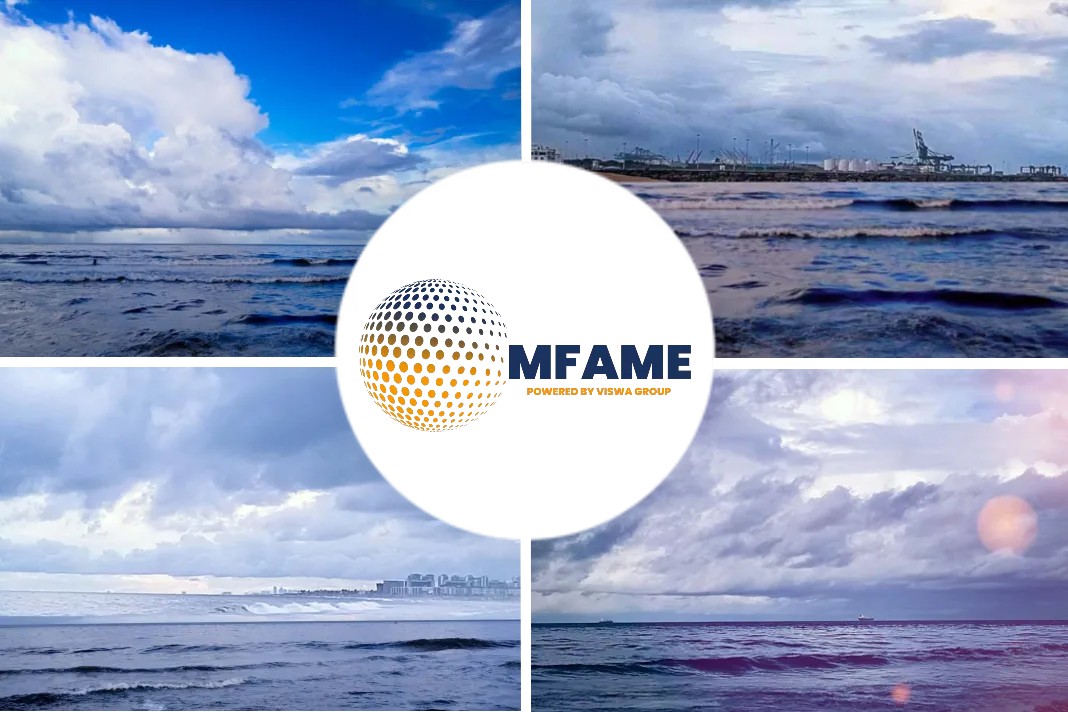
Marine fuel sales in Singapore hit a two-month high in January as more vessels called at the world’s largest hub, taking advantage of lower prices. Sales rose to 4.38 million tonnes, an increase of around 4 per cent compared with the previous month, according to data released by the Maritime and Port Authority of Singapore (MPA) early last week.
Increased Demand
Mr Emril Jamil, senior oil analyst at Refinitiv, a unit of the London Stock Exchange Group, said on Monday increased demand was likely a result of shipowners not just taking advantage of lower prices, but also loading excess volumes. This was because they anticipated not being able to purchase bunkers at ports in China due to seasonal closures over the Chinese New Year holidays during the second half of January. “The impact of sanctions put in place as a result of the Russia-Ukraine conflict has reshaped not only trade flows, but also increased the distances ships are traveling in general,” said Mr Jamil.
Mr Jamil explained that analysis of data released by the MPA showed that more vessels such as oil tankers, container ships and bulk carriers, which typically transport dry commodities, arrived in Singapore in January. “This would suggest more demand for purchasing larger volumes of marine fuels at port,” said Mr Jamil. MPA data showed that sales for the most commonly sought after low-sulfur marine fuel grade rose by nearly 5 per cent in January to 2.3 million tonnes as compared with December.
Fall In Demand Expected
Earlier in February, container shipping giant A.P. Moller Maersk chief executive Vincent Clerc said during a results briefing that the company expects global demand for shipping containers by sea to fall by as much as 2.5 percent as a build up in inventories is unwound. He added that freight rates fell by nearly a quarter in the fourth quarter of 2022 compared with the previous three months.
Mr Jonathan Roach, lead container analyst at shipbroker Braemar, said: “With more blanked sailings (canceling a scheduled port call or voyage) and a dip in demand, especially on trans-Pacific voyages, vessel speeds have been slowed to mitigate lower utilization levels and could remain at these lower levels for most of 2023.”
Did you subscribe to our daily newsletter?
It’s Free! Click here to Subscribe!
Source: Staritstimes






















